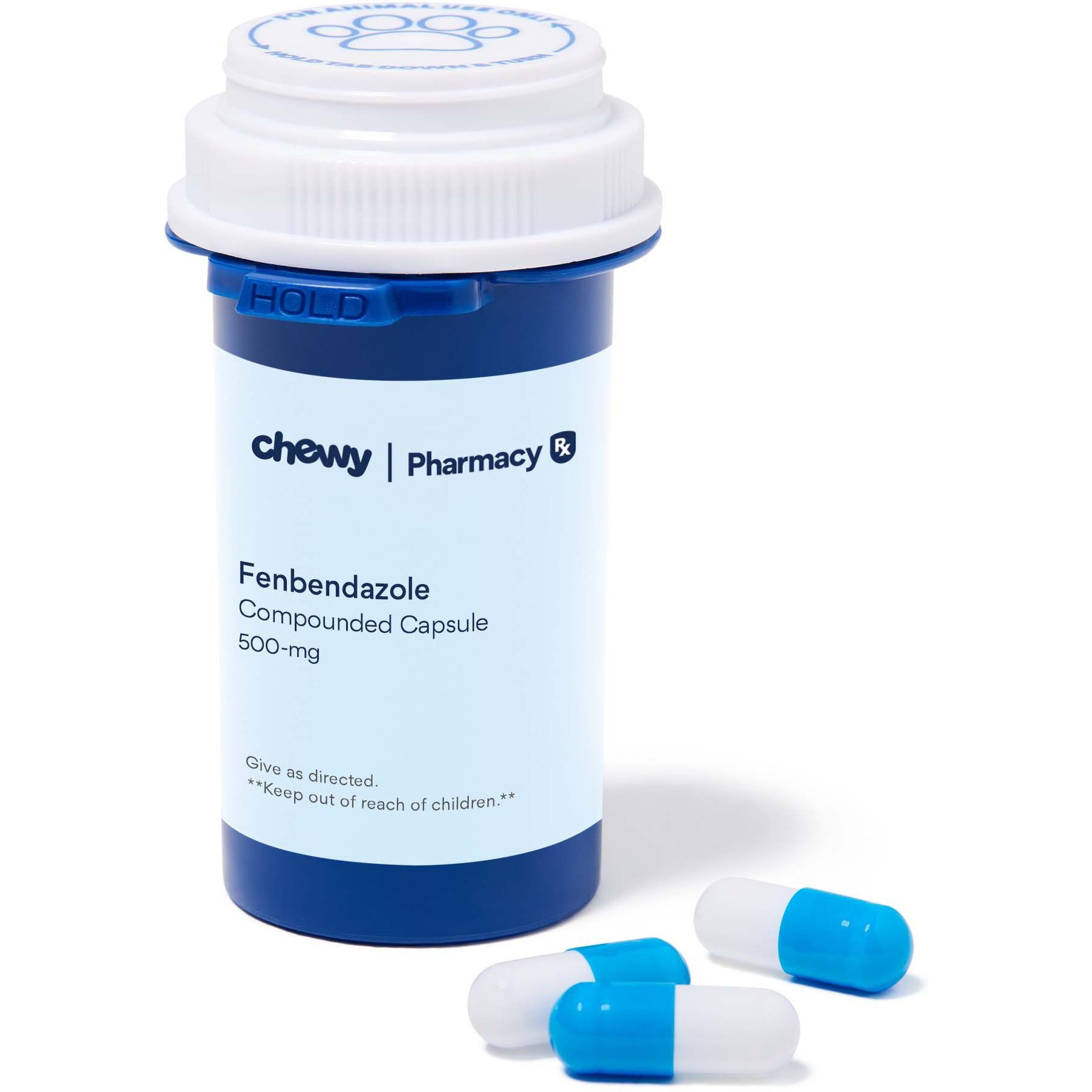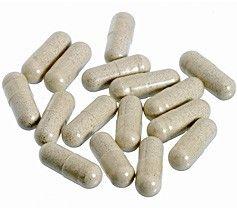The Detailed Administration Guide for fenbendazole capsules in Pets
Comprehending the Benefits and Uses of Fenbendazole in Vet Medicine
Fenbendazole has actually established itself as a key anthelmintic in vet medicine. Its capability to target numerous parasitical infections makes it a beneficial tool for veterinarians. The medicine's mechanism disrupts crucial mobile procedures in bloodsuckers, causing efficient treatment end results. Nevertheless, its security account ranges species, requiring cautious consideration in its use. Comprehending these dynamics can drop light on fenbendazole's more comprehensive ramifications in veterinary care and continuous research study into its prospective past typical applications
Device of Activity of Fenbendazole

Common Parasitical Infections Dealt With With Fenbendazole
A range of parasitical infections are successfully treated with fenbendazole, making it a versatile choice in vet medicine. This anthelmintic agent is specifically effective versus nematodes, consisting of roundworms and hookworms, which typically influence pets and felines. It is additionally utilized for the treatment of cestodes, such as tapeworms, giving a broad range of activity against both kinds of digestive tract bloodsuckers. Additionally, fenbendazole is valuable in handling infections triggered by protozoa, especially Giardia, which can result in gastrointestinal distress in pets. Its efficiency reaches dealing with particular lungworms in pooches and felines, dealing with respiratory wellness concerns connected to these parasites. In general, fenbendazole's capacity to target multiple parasitical species makes it a beneficial tool in veterinary method, ensuring the health and wellness and well-being of pets impacted by these typical infections.
Safety and Efficacy in Different Pet Variety
The safety and security and efficiency of fenbendazole differ amongst various pet types, highlighting the value of species-specific factors to consider in veterinary medicine. In pooches, fenbendazole is usually well-tolerated and effective against a series of gastrointestinal parasites, including roundworms and hookworms. For felines, nonetheless, its usage is less usual and might require cautious application because of potential adverse responses.
In animals, such as livestock and sheep, fenbendazole demonstrates effectiveness against numerous endoparasites, adding to enhanced wellness and efficiency. Nevertheless, the pharmacokinetics and potential adverse effects can vary substantially in between species, requiring mindful assessment by veterinarians.
Horses also react positively to fenbendazole, especially for dealing with strongyles and ascarids, though dose and management paths should be customized to their unique physiology. Recognizing these differences is crucial for maximizing treatment outcomes and making certain pet welfare throughout varied species.
Administration and Dose Guidelines
Appropriate management and dosage guidelines are essential for making best use of the restorative results of fenbendazole while minimizing prospective negative effects. The dosage commonly varies depending on the types being treated, the details condition, and the formula of fenbendazole used. 222 mg. For dogs and cats, a typical dosage is 50 mg/kg body weight, provided as soon as daily for 3 consecutive days, however vets might readjust this based on individual health and wellness evaluations
It is very important to carry out fenbendazole with food to enhance absorption and reduce intestinal trouble. The drug is offered in numerous forms, including granules and paste, enabling flexible management alternatives. Checking the pet's reaction during and after treatment is recommended to validate effectiveness and safety. Additionally, vet guidance is my site important to identify the appropriate period of therapy based upon the type of parasitical infection being dealt with, assuring excellent end results for the pet's wellness.
Future Point Of Views and Research on Fenbendazole
Research on fenbendazole proceeds to progress, focusing on its potential applications past standard antiparasitic uses. Current research studies have actually explored its efficiency in treating various types of cancer, especially in veterinary oncology. Preliminary data suggest that fenbendazole may hinder the growth of lump cells and improve the effects of various other chemotherapeutic representatives.
Additionally, researchers are exploring its role in taking care of food poisonings in pets, highlighting its anti-inflammatory residential or commercial properties. The versatility of fenbendazole for various species increases inquiries concerning its safety accounts and excellent application programs in diverse populaces.
As rate of interest grows, there is a demand for thorough scientific trials to establish evidence-based guidelines for these unique applications. Future study may likewise investigate the mechanisms behind fenbendazole's impacts, possibly leading the way for cutting-edge therapeutic methods in vet medication. The ongoing exploration of fenbendazole can significantly improve therapy alternatives for various veterinary conditions.

Regularly Asked Inquiries
Is Fenbendazole Safe for Pregnant Animals?
The safety of fenbendazole for try this site expecting animals remains unclear. While some research studies recommend very little threat, vets usually advise care and typically discourage its use while pregnant unless the benefits clearly surpass possible dangers.
Can Fenbendazole Be Utilized in Livestock?
Fenbendazole is typically utilized in animals to deal with different parasitical infections. fenbendazole 444. Its efficiency against gastrointestinal worms makes it a valuable anthelmintic, adding to boosted health and wellness and efficiency in animals elevated for food and fiber
What Are the Side Results of Fenbendazole?

The adverse effects of fenbendazole may consist of stomach disruptions, lethargy, and allergic responses. In uncommon instances, more serious responses might happen, demanding careful monitoring and appointment with a veterinarian during therapy.
Just How Does Fenbendazole Contrast to Other Dewormers?
Fenbendazole uses broad-spectrum effectiveness against numerous bloodsuckers, commonly comparing positively to other dewormers. Its special system targets different life phases, making it reliable, while normally offering a desirable safety and security profile contrasted to choices readily available on the market.
Can Fenbendazole Be Made Use Of for Treating Cancer Cells in Pets?
The capacity of fenbendazole in dealing with cancer in pet dogs has amassed rate of interest. i thought about this Initial studies recommend it might prevent cancer cells cell growth, however further research is essential to verify its efficiency and security in vet oncology.